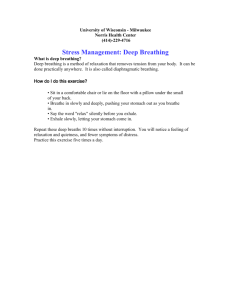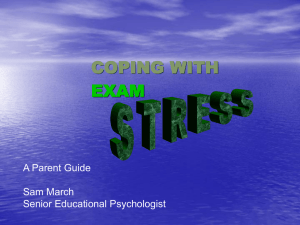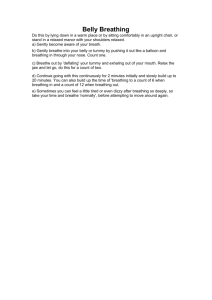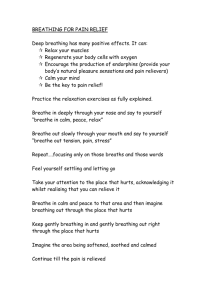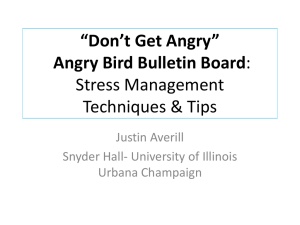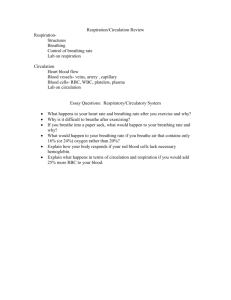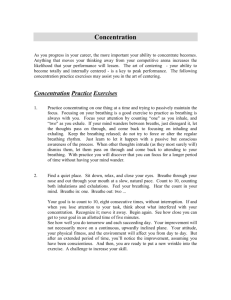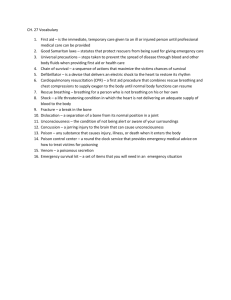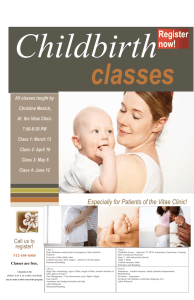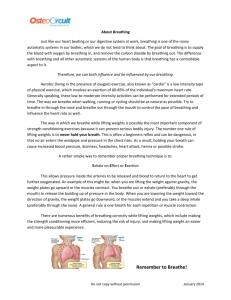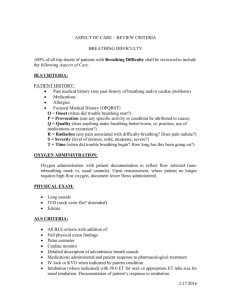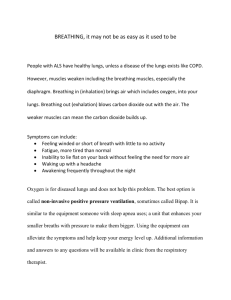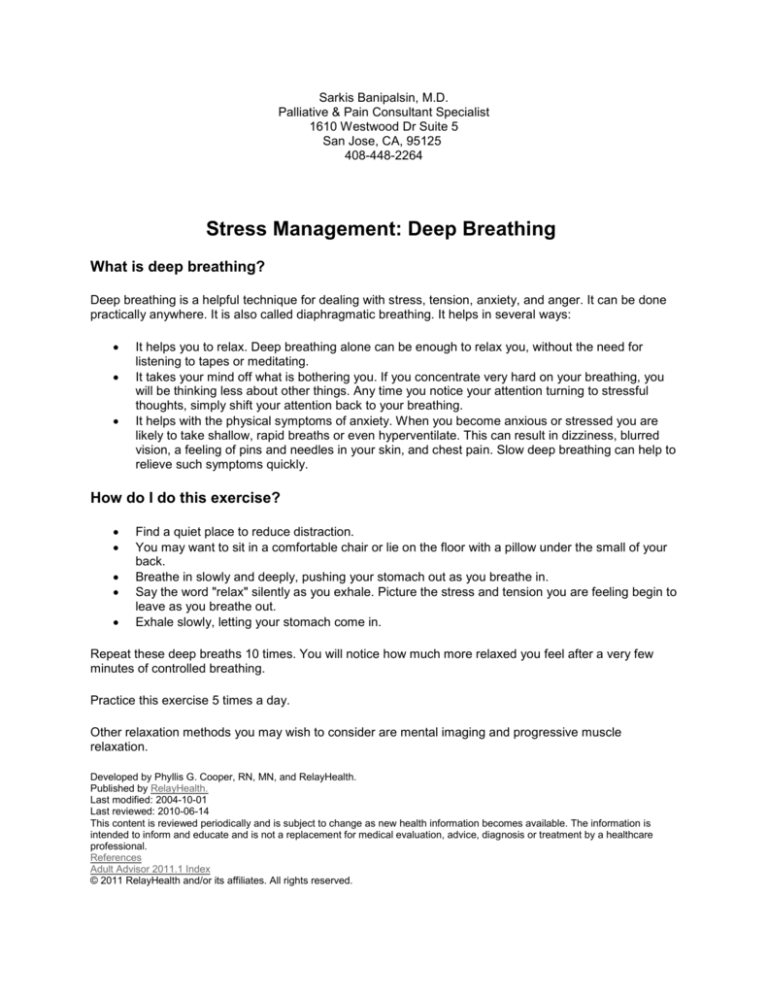
Sarkis Banipalsin, M.D.
Palliative & Pain Consultant Specialist
1610 Westwood Dr Suite 5
San Jose, CA, 95125
408-448-2264
Stress Management: Deep Breathing
What is deep breathing?
Deep breathing is a helpful technique for dealing with stress, tension, anxiety, and anger. It can be done
practically anywhere. It is also called diaphragmatic breathing. It helps in several ways:
It helps you to relax. Deep breathing alone can be enough to relax you, without the need for
listening to tapes or meditating.
It takes your mind off what is bothering you. If you concentrate very hard on your breathing, you
will be thinking less about other things. Any time you notice your attention turning to stressful
thoughts, simply shift your attention back to your breathing.
It helps with the physical symptoms of anxiety. When you become anxious or stressed you are
likely to take shallow, rapid breaths or even hyperventilate. This can result in dizziness, blurred
vision, a feeling of pins and needles in your skin, and chest pain. Slow deep breathing can help to
relieve such symptoms quickly.
How do I do this exercise?
Find a quiet place to reduce distraction.
You may want to sit in a comfortable chair or lie on the floor with a pillow under the small of your
back.
Breathe in slowly and deeply, pushing your stomach out as you breathe in.
Say the word "relax" silently as you exhale. Picture the stress and tension you are feeling begin to
leave as you breathe out.
Exhale slowly, letting your stomach come in.
Repeat these deep breaths 10 times. You will notice how much more relaxed you feel after a very few
minutes of controlled breathing.
Practice this exercise 5 times a day.
Other relaxation methods you may wish to consider are mental imaging and progressive muscle
relaxation.
Developed by Phyllis G. Cooper, RN, MN, and RelayHealth.
Published by RelayHealth.
Last modified: 2004-10-01
Last reviewed: 2010-06-14
This content is reviewed periodically and is subject to change as new health information becomes available. The information is
intended to inform and educate and is not a replacement for medical evaluation, advice, diagnosis or treatment by a healthcare
professional.
References
Adult Advisor 2011.1 Index
© 2011 RelayHealth and/or its affiliates. All rights reserved.

